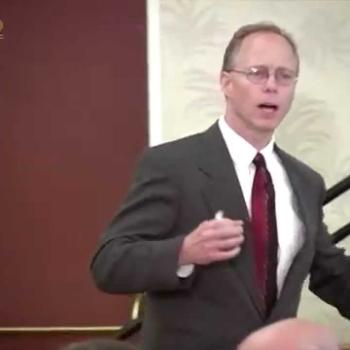Jeremiah uses that phrase, "true and faithful," to describe the Lord: he is a true and faithful witness of our fidelity (Jer. 42:5). He can be trusted to judge our faithfulness to him.
In Revelation the words of God are true and faithful (Rev. 21:5)—as they are also in 2 Nephi 31:15. In Doctrine and Covenants the commandments are said to be true and faithful (D&C 1:37, 66:11, 68:34, and 71:11). These uses of the phrase are also about being a witness: God's words, whether preaching or commandment, are a witness of his promises and his expectations.
In response to his words and to the witness of God's trustworthiness that comes by the Spirit, we too must be witnesses: we must "stand as witnesses of God at all times and in all things, and in all places, .
Whatever the many and often wonderful results of the announcement and call of the gospel, if our fidelity is informed by the Spirit, then it is fidelity to that call and the Person to whom it calls us rather than to those results by themselves.





